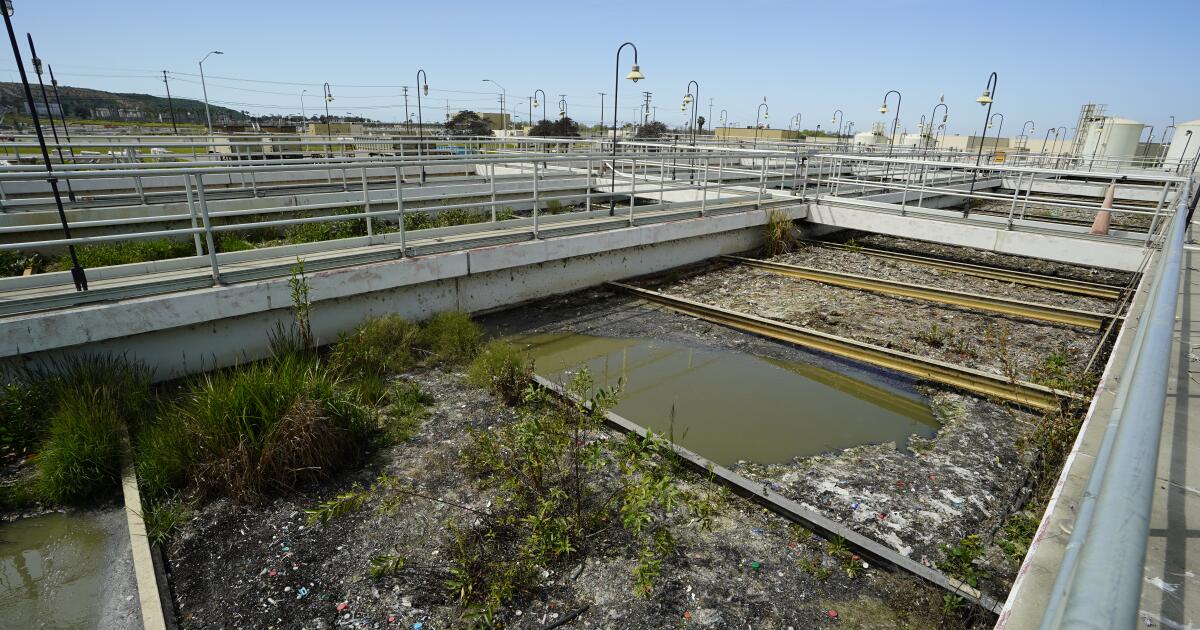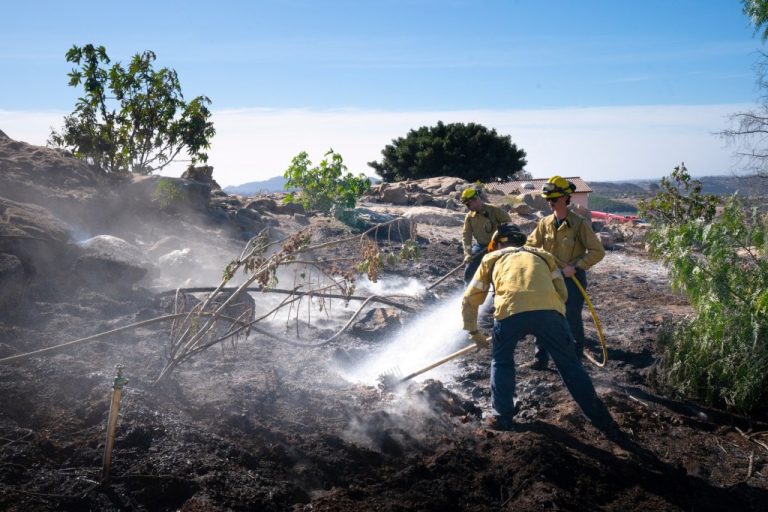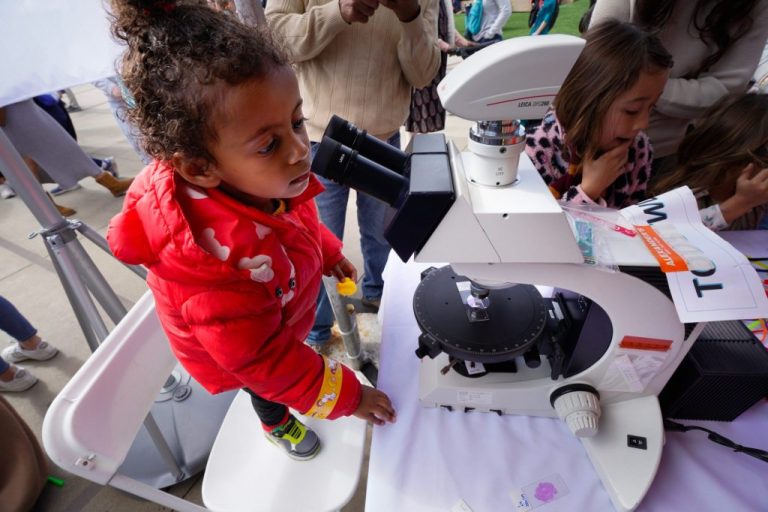

The International Boundary and Water Commission is again being sued over water-quality permit violations that have led to rampant sewage polluting San Diego County’s southernmost shoreline.
The San Diego Coastkeeper and Coastal Environmental Rights Foundation on Thursday filed a lawsuit in federal court against the U.S. arm of the IBWC and its contractor Veolia Water North America-West, alleging violations of the Clean Water Act. The environmental groups announced in December their intent to sue the binational federal agency.
“We are bringing this lawsuit on behalf of the people in our South Bay communities that continue to suffer the effects of IBWC’s incompetence, and the coastal and marine wildlife and natural resources severely degraded by this relentless flow of pollution,” Coastkeeper Executive Director Phillip Musegaas said in a Friday statement. “We will use the power of the law to hold IBWC accountable and compel action to solve the Tijuana sewage crisis once and for all.”
The IBWC did not immediately respond to a request for comment.
According to the 34-page complaint, the IBWC and Veolia “have discharged and continue to discharge pollutants such as fecal bacteria, contaminated sediment, heavy metals, and toxic chemicals, some of which have been banned in the United States such as DDT, Benzidine, and Polychlorinated Biphenyls into the Tijuana River and Estuary, and the Pacific Ocean.
“This human health, environmental justice, and ecological disaster is directly impacting public health, and denying local community members the right to live and recreate in a safe and clean environment,” the lawsuit reads.
The IBWC, an agency within the U.S. Dept. of State, and Veolia operate the South Bay International Wastewater Treatment Plant along the U.S.-Mexico border that is supposed to keep Tijuana’s sewage out of San Diego. It was designed to treat 25 million gallons of Tijuana’s wastewater before releasing it into the ocean.
However, the plant routinely takes more wastewater than it can handle because of persistent issues with Tijuana’s failing infrastructure and heavy rainfall. That has taken a toll on the South Bay plant, which frequently clogs and discharges partially treated wastewater into the ocean.
As a result, the federal agency’s defective facility has racked up hundreds of clean water violations, which IBWC Commissioner Maria-Elena Giner has repeatedly acknowledged and said is being addressed.
“Our plant right now is not in compliance from a water quality perspective and from a flow perspective,” she said during a March 27 Imperial Beach City Council meeting.
Giner added that the agency is repairing the plant’s headworks and primary sedimentation tanks, which will help the IBWC reach compliance by August.
But the San Diego environmental groups suing believe that’s not enough.
“We need a holistic, fully funded solution to this public health and environmental catastrophe,” Marco Gonzalez, executive director and lead counsel for CERF, said in a statement. “The historical patchwork of funding and planning clearly hasn’t worked. The government needs to act with the sense of urgency demanded by this situation.”
A 2022 settlement of a similar lawsuit against the IBWC led to $300 million in funding from the U.S. Environmental Protection Agency to double the capacity of the South Bay plant. But the federal agency acknowledged last year that the funds would fall short because costs to repair and expand the deteriorating plant had increased to nearly $1 billion.
Last month, Congress significantly boosted the IBWC’s construction budget for projects across the border. It allocated $156 million, a $103 million increase over last year’s budget. Most of that new money will go toward fixing the South Bay plant, Giner said. It will still need millions of dollars more to expand the facility.
“Despite these infusions of funding, the South Bay Treatment Plant’s permit violations continue unabated, and huge volumes of sewage and hazardous chemicals continue to contaminate the Tijuana River Valley and local communities,” the environmental groups said in a news release.






